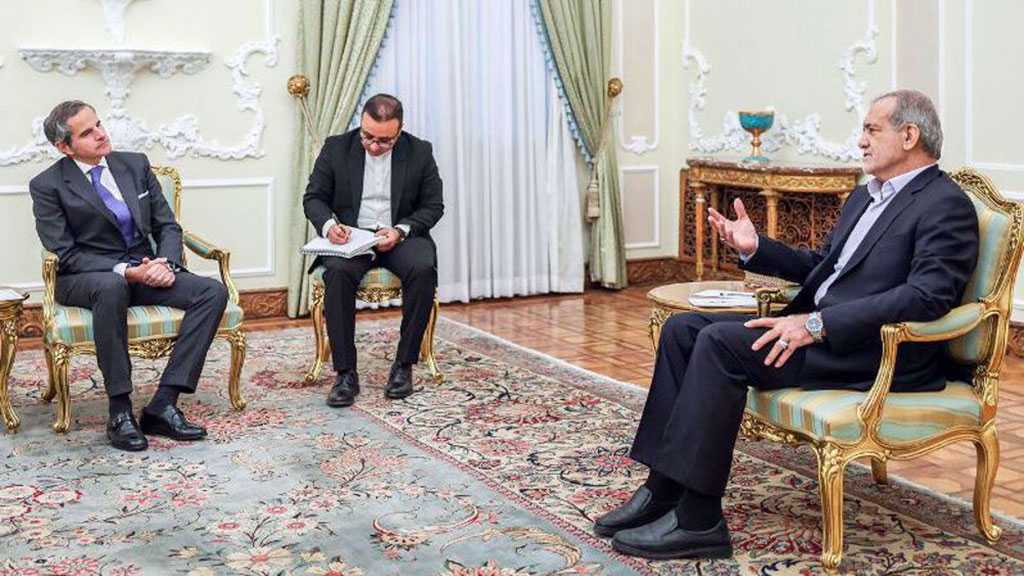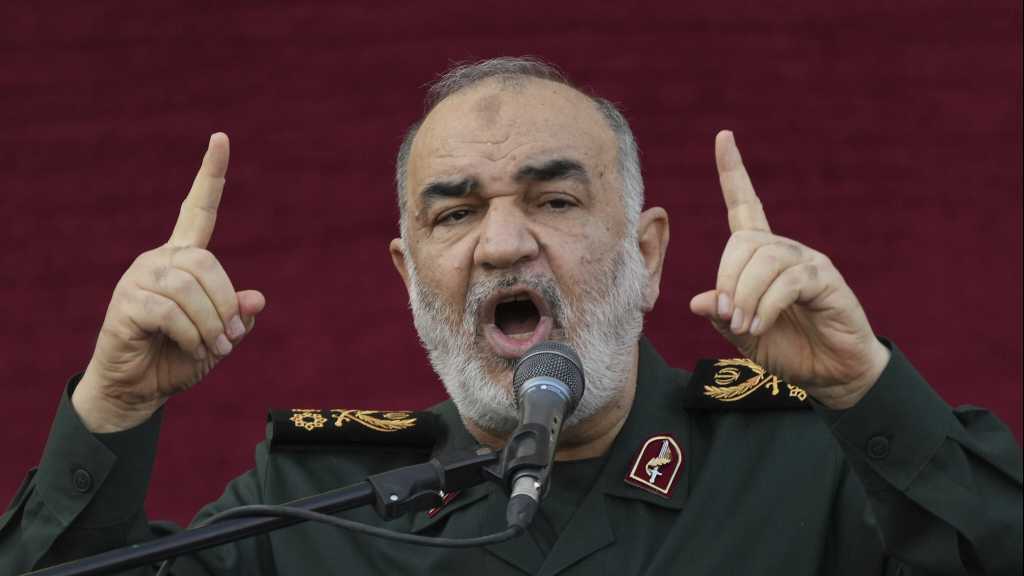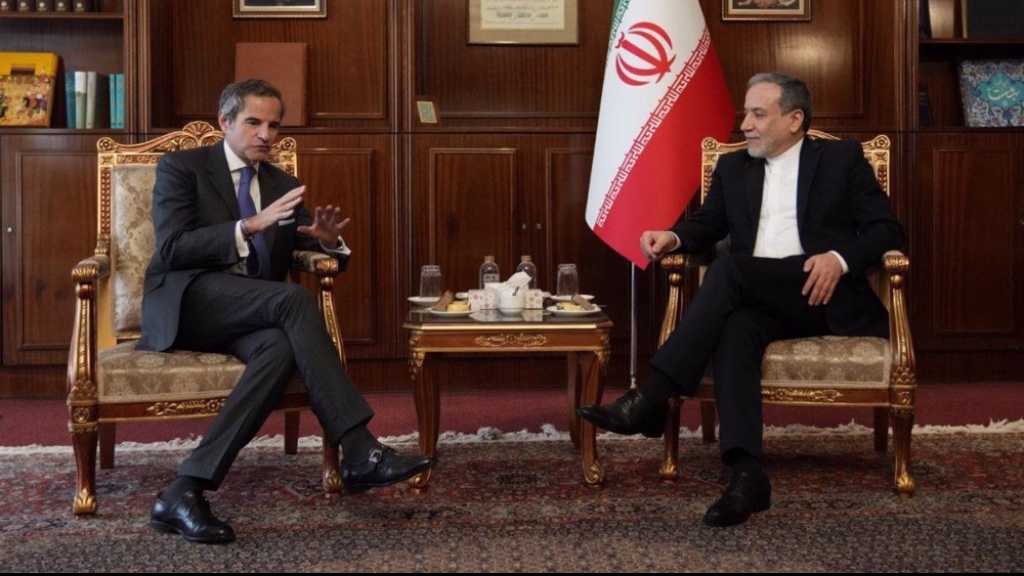
How Saudi War in Yemen Has Made Al-Qaeda Stronger, Richer
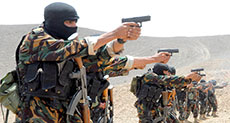
Local Editor
One unintended consequence of the war in Yemen: al-Qaeda now runs its own mini-state, flush with funds from raiding the local central bank and levying taxes at the local port.
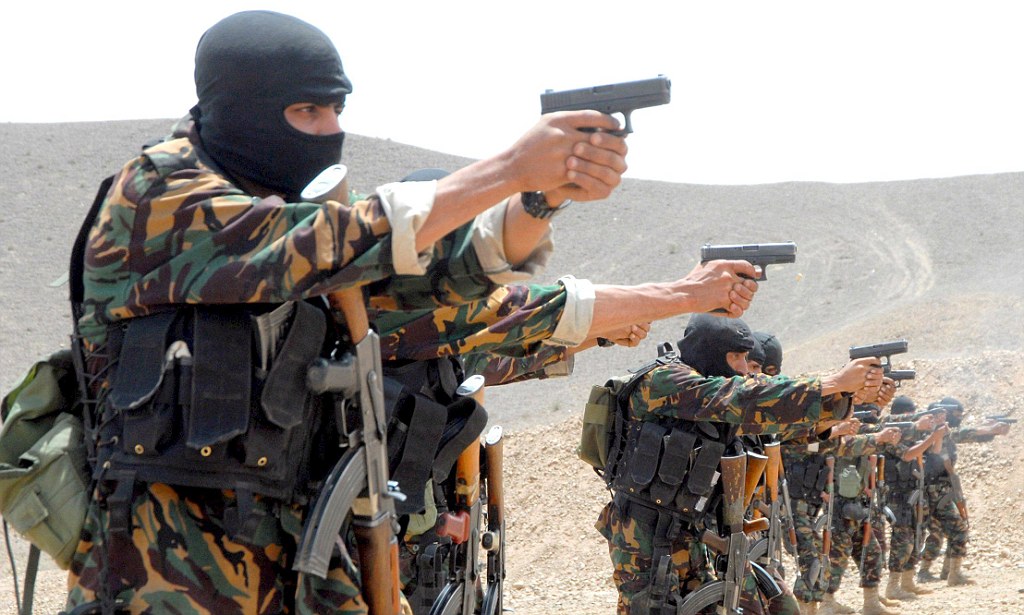
Once driven to near irrelevance by the rise of Daesh [the Arabic acronym for the terrorist "ISIS" group] abroad and security crackdowns at home, al-Qaeda in Yemen now openly rules a mini-state with a war chest swollen by an estimated $100 million in looted bank deposits and revenue from running the country's third largest port.
If Daesh capital is the Syrian city of Raqqa, then al-Qaeda's is Mukalla, a southeastern Yemeni port city of 500,000 people. Al-Qaeda fighters there have abolished taxes for local residents, operate speedboats manned by RPG-wielding fighters who impose fees on ship traffic, and make propaganda videos in which they boast about paving local roads and stocking hospitals.
The economic empire was described by more than a dozen diplomats, Yemeni security officials, tribal leaders and residents of Mukalla. Its emergence is the most striking unintended consequence of the Saudi-led military intervention in Yemen. The campaign, backed by the United States, has helped al-Qaeda in the Arabian Peninsula [AQAP] to become stronger than at any time since it first emerged almost 20 years ago.
Yemeni government officials and local traders estimated the group, as well as seizing the bank deposits, has extorted $1.4 million from the national oil company and earns up to $2 million every day in taxes on goods and fuel coming into the port.
AQAP boasts 1,000 fighters in Mukalla alone, controls 600 km of coastline and is ingratiating itself with southern Yemenis, who have felt marginalized by the country's northern elite for years.
By adopting many of the tactics Daesh uses to control its territory in Syria and Iraq, AQAP has expanded its own fiefdom. The danger is that the group, which organized the Charlie Hebdo magazine attack in Paris last year and has repeatedly tried to down US airliners, may slowly indoctrinate the local population with its hardline ideology...
Saudi Arabia, meanwhile, is struggling to extricate itself from the Yemeni quagmire a year after intervening in the country's civil war... Riyadh has focused on attacking the Ansarullah revolutionaries who have seized parts of northern Yemen.
But despite thousands of aerial bombings, the Saudis and their Gulf allies have failed to push Ansarullah from the capital Sanaa. An estimated 6,000 people, half of them civilians, have been killed. A temporary ceasefire between warring parties was due to begin on April 10.
In a recent statement issued by the Saudi embassy in Washington, Saudi officials claimed that their campaign had "denied terrorists a safe haven in Yemen."
Source: Reuters, Edited by website team
Comments
- Related News
